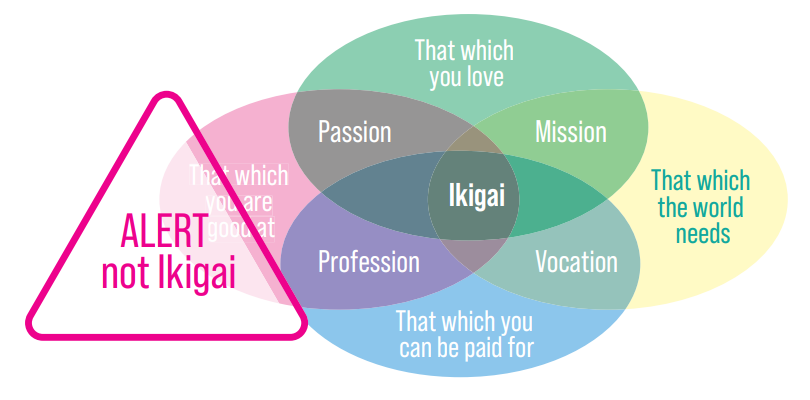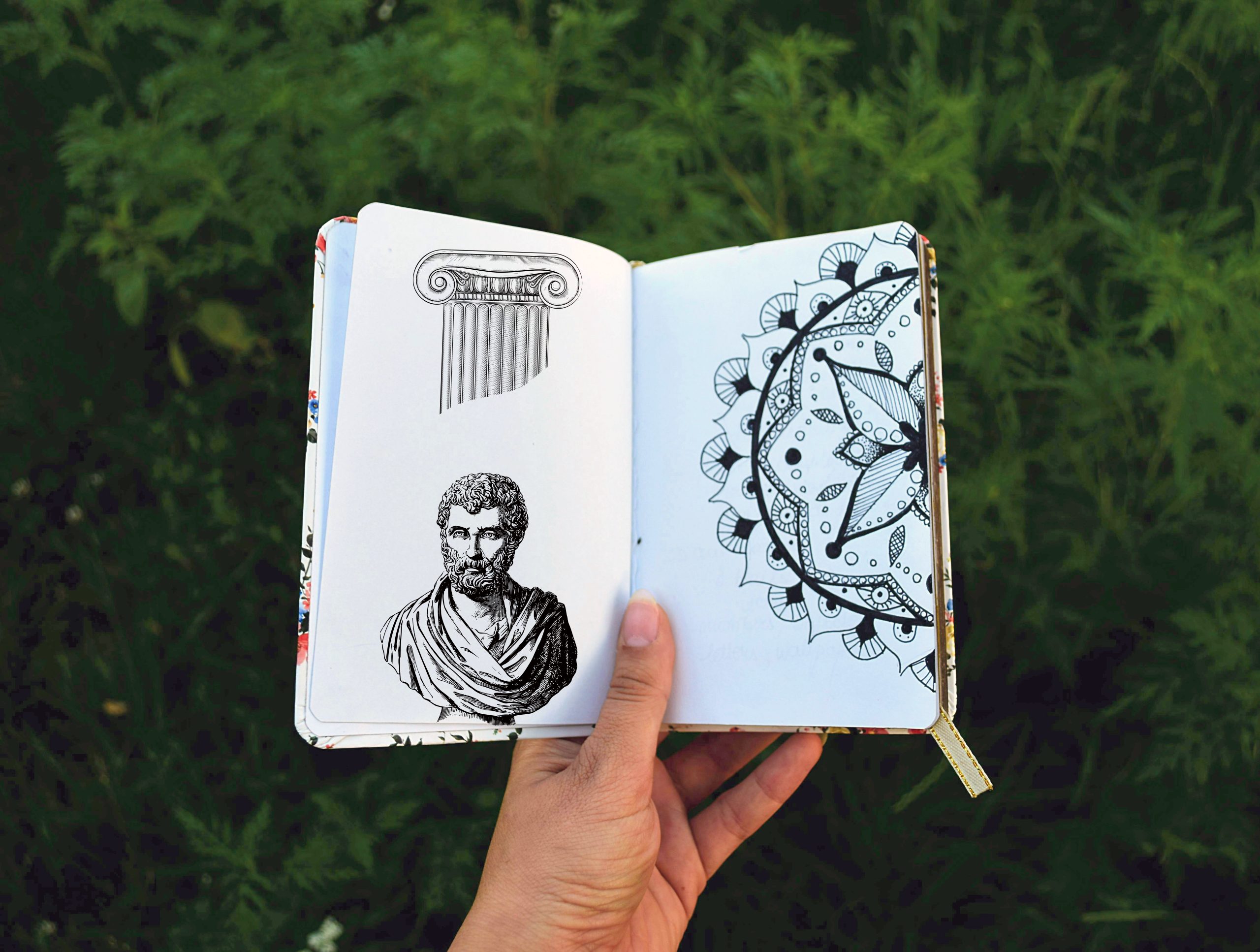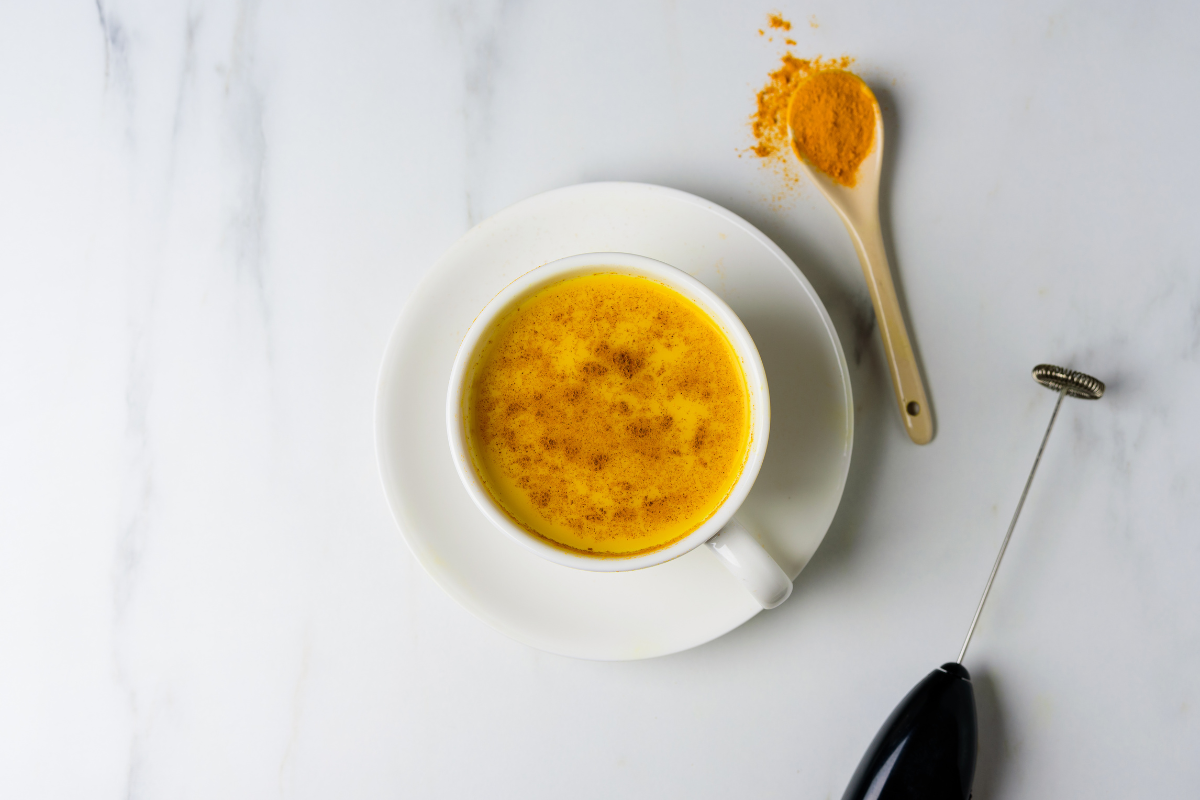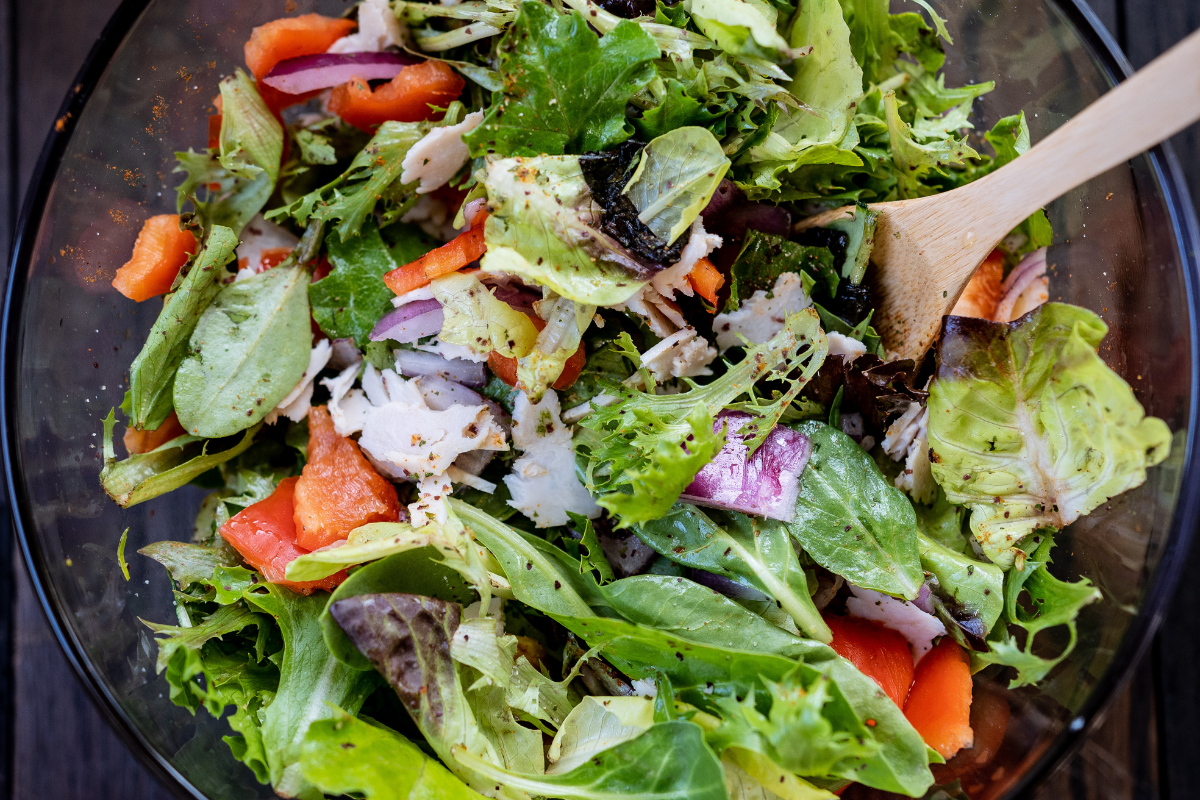Living with Ikigai: Finding meaning in each day

Namita Davey
FxMed - Digital Projects Lead
In our fast-paced world that demands us to be pulled in many different directions, it’s no wonder that we can often feel weighed down by an array of negative emotions such as anxiety, overwhelm, disappointment, anger and sadness. This assault on our emotional health if not resolved can invariably manifest into lingering chronic problems. Navigating these difficult emotions can be challenging, but we are far from powerless!
Listening to Kiran Krishnan of Microbiome Labs recently speak about the intricacies of the gut–brain connection was just so fascinating! Kiran referred to how we could tap into our parasympathetic response to help combat our daily stress load, in turn improving the health of our microbiome. It was an apt reminder that shifting old patterns of thinking and incorporating mindful living can have such a profound positive effect on our overall health and wellbeing.
It also felt fitting to follow up to my earlier post about Kintsugi (focused on self-acceptance) by exploring another guiding philosophy deeply rooted in Japanese culture – Ikigai. Roughly translated to ‘reason for being’, it alludes to the source of value in one’s life or the things that make one’s life worthwhile
Ikigai as a misnomer
The ‘westernisation’ of ikigai has seen a highly popularised Venn Diagram used extensively by motivational coaches to help find one’s “sweet spot and purpose” based on an intersection between what you love, what you are good at, that the world needs and that you can be paid for. Whilst a useful HR tool; this framework positions Ikigai to be a lofty and formidable goal which could take years to achieve.

Finding or experiencing Ikigai
According to Japanese neuroscientist and author, Ken Mogi, Ikigai is a spectrum that includes all the things we value, from small everyday rituals to the pursuit of more life-defining goals, shown by examples below:
- Building harmonious relationships and connections that align with your values
- Reaching a flow state in your hobbies, interests or work and by expressing your creative self
- Expressing gratitude and helping others
- Being present while performing daily rituals
According to Mogi, Ikigai starts from very small things and it’s about making the joy of these little things work for you. The sensory pleasures such as warming your hands around your favourite mug of hot drink or humming along to a great song, sharing a laugh with a loved one aren’t to be underestimated – they have a compounding effect resulting in a potent dopamine hit! It’s empowering to realise just how frequently we can experience Ikigai on a daily basis.
How Ikigai can boost our stress response
Apart from bringing us more purpose, living our life in line with our Ikigai has shown to enhance physical and mental wellbeing, including improved immune function, increased life expectancy (Hui & Fung, 2009) as well as reduced anxiety and improved resilience (Ishida, 2011).
Making better choices
When we remind ourselves what truly matters, it helps us make better choices thus reducing the cognitive dissonance and internal conflicts that can trigger stress. By recognising what is uniquely important to us, we can live with authenticity, creating a more harmonious internal state that supports the activation of our parasympathetic nervous system.
Finding the flow Engaging in activities that we enjoy brings us happiness and calm, reducing stress and anxiety. This enables us to experience a deep sense of ease and focus and reach a state of flow or being in the ‘zone’. By being fully engaged and immersed in the present moment, the body’s stress response (triggered by the sympathetic nervous system) is mitigated, allowing the parasympathetic nervous system to dominate and promote relaxation.
Happiness and growth from acceptance
Ikigai is closely related to our sense of happiness. And while Mogi says that there is no absolute equation for happiness, he mentions that ‘accepting yourself is a low-budget, maintenance-free formula for being happy’. Like Kintsugi, Ikigai encourages us to embrace imperfection, self-accept and view adversity as opportunities for growth.
Ikigai as a continuum
Finding your Ikigai is not a destination, but very much a journey into self-discovery and self-awareness, an evolving process from the inside out. Practically speaking, it can also help us identify what lifts our mood or brings us down. This knowledge can give us a source of strength and resilience to help face challenges and embrace change.
With this ongoing introspection, we have more clarity to live a life with intention, purpose and freedom allowing for a deep sense of fulfilment and personal growth.
Just like the core principles of off-the-mat yoga, ultimately, you don’t need a Venn diagram to find and live your own Ikigai.
- Hui, V. K., & Fung, H. H. (2009). Mortality anxiety as a function of intrinsic religiosity and perceived purpose in life. Death Studies
- Ishida, R. (2011). Enormous earthquake in Japan: Coping with stress using purpose-in-life/ikigai. Psychology
- Mogi, K. (2018). Awakening your ikigai
Share:
Related Posts

Establishing Our Inner Connection
Swadhyaya, from the Sanskrit sva (self) and adhyaya (study), refers to the disciplined practice of self-inquiry. Rooted in Indian spiritual traditions, it involves reflection, scriptural

Navigating Life’s Uncertainties: The Power of Acceptance and Positive Action
Life is full of unpredictable events, people, and circumstances beyond our control. From the weather to others’ behaviour, uncertainty is constant. However, our response to

The End of Ego: Reclaiming Inner Peace
In today’s fast-paced world, we often blame external factors – bad luck, challenging situations, or difficult relationships – for our biggest obstacles. Yet, the real enemy is

Easy EFA and PC Infused Recipes
Easy EFA and PC Infused Recipes @justinestenger shares some of her favourite ways to add EFA’s and PC into your food. By now I hope most

Green Goddess Dressing Recipe
Green Goddess Dressing Full of flavour from fresh herbs and zesty lime juice, this creamy dressing will zhuzh up any salad! Login to view the


One Response